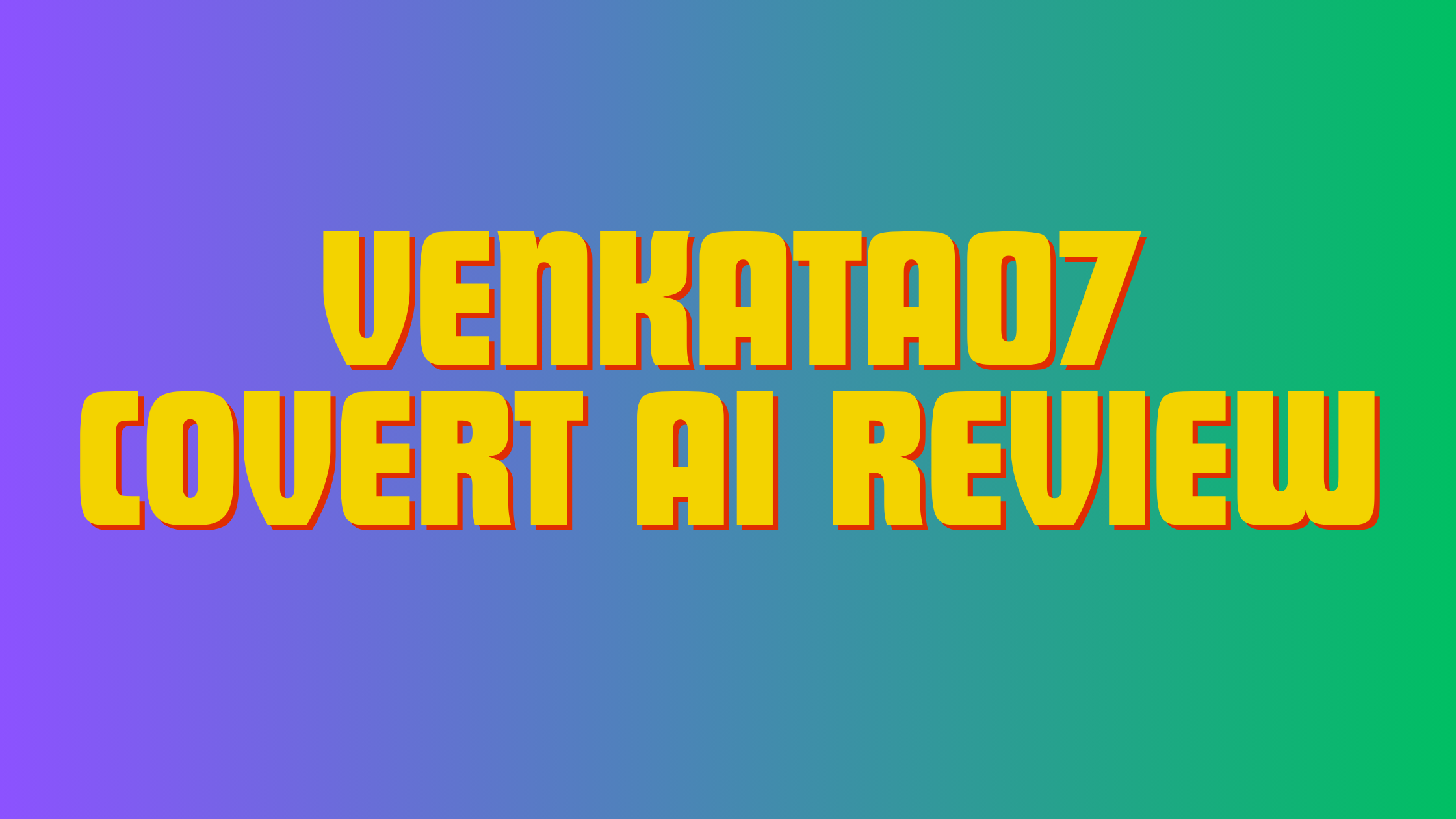Among these advancements, the world’s first “ChatGPT-4.o” app has garnered significant attention. This revolutionary application claims to have hacked a hidden loophole in Google’s systems, enabling users to bank $57 repeatedly every 60 seconds. Astonishingly, this financial windfall requires no prior experience, no elaborate setup, no waiting period, no upfront investment, and, crucially, no nonsense. This essay explores the mechanisms, implications, and ethical considerations surrounding this app’s unprecedented capabilities.

Mechanisms of the ChatGPT-4.o App
The ChatGPT-4.o app harnesses the advanced language processing capabilities of OpenAI’s GPT-4 architecture. This model is renowned for its ability to understand and generate human-like text, making it a potent tool for automating various tasks. The app’s developers have ostensibly identified a loophole within Google’s extensive digital ecosystem, which encompasses search algorithms, advertising platforms, and data analytics.
While the exact details of this loophole remain undisclosed, it likely involves a combination of strategic keyword placements, automated content generation, and exploiting specific algorithmic behaviors within Google’s system. By automating these processes, the app can generate significant ad revenue or capitalize on other monetization strategies facilitated by Google’s infrastructure.
One plausible scenario is that the app utilizes sophisticated algorithms to generate high-quality, keyword-rich content that ranks highly on Google’s search results.
By continuously producing such content at a rapid pace, the app ensures a steady stream of income. Furthermore, the app’s ability to adapt and learn from user interactions and changing algorithmic trends makes it a powerful tool for sustaining and maximizing earnings.
Implications for Users
The promise of earning $57 every 60 seconds with minimal effort is undeniably attractive. For users, this represents a revolutionary shift in income generation.
In stark contrast, the ChatGPT-4.o app democratizes access to quick, effortless earnings, potentially transforming the economic landscape for individuals worldwide.
This app could provide financial relief and opportunities for people facing economic hardship, unemployment, or those seeking supplementary income streams. By eliminating barriers to entry, it empowers individuals irrespective of their educational background, technical expertise, or financial status.
Additionally, the app’s automation capabilities mean that users can potentially earn money around the clock without direct involvement. This passive income model is a significant departure from traditional labor-based income, offering a new paradigm where technology works tirelessly on behalf of individuals.
Broader Economic Implications
The widespread adoption of the ChatGPT-4.o app could have far-reaching economic implications. On a macroeconomic level, increased access to effortless income streams could lead to shifts in consumer behavior, spending patterns, and labor market dynamics. For instance, with more people generating substantial passive income, there could be a reduction in the number of individuals seeking traditional employment. This shift could influence labor supply, wage structures, and even the nature of work itself.
Moreover, the additional disposable income generated by users of the app could stimulate economic growth through increased consumer spending. Sectors such as retail, entertainment, and travel could experience a boost as people have more money to spend on goods and services.
From an entrepreneurial perspective, the ChatGPT-4.o app could inspire the development of new business models and technological innovations. Startups and established companies alike may seek to replicate or build upon the app’s success, leading to a proliferation of AI-driven income generation tools. This competitive landscape could drive further advancements in AI technology, benefiting a wide range of industries.
Ethical and Legal Considerations
Despite its potential benefits, the ChatGPT-4.o app raises substantial ethical and legal questions.
Such actions may violate Google’s terms of service and could lead to legal repercussions for users and developers alike.
Moreover, this app could disrupt the digital advertising ecosystem. If large numbers of users begin to exploit this loophole, it could lead to inflated ad costs, reduced efficacy of online marketing campaigns, and broader instability in the digital economy. This disruption could harm businesses relying on Google’s platforms for advertising, leading to a ripple effect throughout various industries.
Additionally, the ethical implications of automating income generation in this manner cannot be overlooked. The creation of wealth without productive contribution challenges traditional economic principles and could foster a culture of dependency on automated systems rather than innovation and hard work. This shift could undermine the value placed on creativity, skill development, and personal effort.
Furthermore, the app’s reliance on a loophole raises questions about fairness and equity.
This disparity could exacerbate existing inequalities and contribute to social and economic divides.
Conclusion
The world’s first ChatGPT-4.o app represents a technological marvel, demonstrating the immense potential of artificial intelligence to transform income generation. By purportedly hacking a hidden loophole in Google’s systems, it offers users a tantalizing promise of effortless, repeated earnings with no prerequisites.
As society grapples with the implications of such advancements, it is crucial to balance the allure of quick financial gains with the principles of fairness, legality, and economic stability.
The future of digital income generation may well be at a crossroads. On one hand, the ChatGPT-4.o app could democratize financial opportunities, empowering individuals worldwide. On the other hand, it could disrupt established economic systems, challenge ethical norms, and lead to legal battles. The path we choose will shape the economic and ethical landscape for generations to come, underscoring the need for thoughtful consideration and responsible innovation.